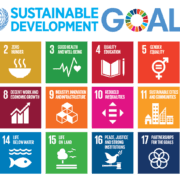SAMU First Response and Washington English Center join forces to support non fluent english speakers migrants
“Without language, one cannot talk to people and understand them; one cannot share their hopes and aspirations, grasp their history, appreciate their poetry, or savor their songs” – Nelson Mandela
At SAMU First Response, one of our greatest assets is communication and the ability to speak to our guests in their native language. Language is the roadmap of a culture, and without it, it is impossible to fully understand the individual and where they come from. We are fortunate to say that the majority of our 70+ staff members in the Washington, DC and Maryland area are linguistically diverse and able to communicate directly with the vast majority of our guests.
We strive for excellence in our staff and our services and are constantly looking for ways to improve our knowledge and skills, including our forms of communication. The majority of our staff members’ first language is Spanish, which is an immense asset when working with the community of migrants that are traveling from Central and South America. As our organization has grown in the metro area and we are working on educating the community of the services that we provide, we have constantly sought opportunities for our staff to bolster their English language skills. This will help with educating our community about who we are and what we provide, as well as providing us with the skills to better serve our guests and help them connect with the resources available in the community.
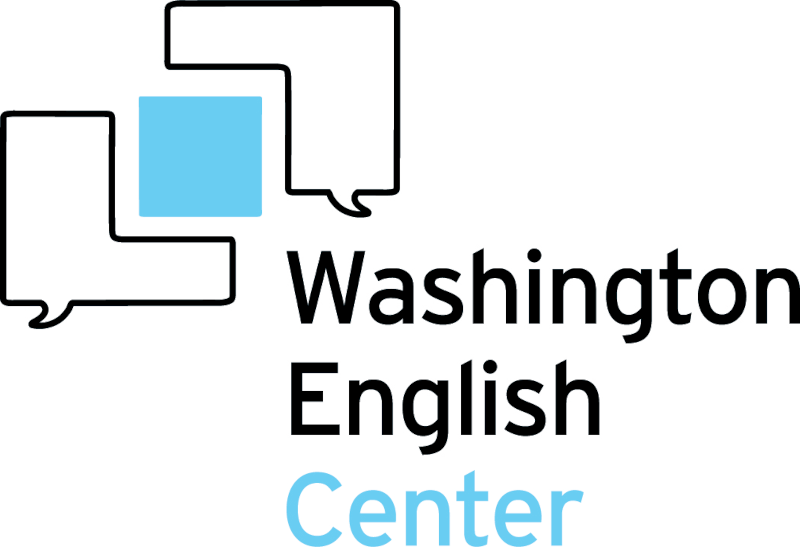 At the end of 2023, we were very fortunate to receive several scholarships from the local English Language School, Washington English Center (WEC). Since 1993, more than 30 years, Washington English Center has welcomed immigrants and refugees to the United States as they learn to read, write, listen to, and speak English with greater fluency and confidence. Their mission is to provide affordable English-language instruction and workforce programs to adult immigrants using community volunteers.
At the end of 2023, we were very fortunate to receive several scholarships from the local English Language School, Washington English Center (WEC). Since 1993, more than 30 years, Washington English Center has welcomed immigrants and refugees to the United States as they learn to read, write, listen to, and speak English with greater fluency and confidence. Their mission is to provide affordable English-language instruction and workforce programs to adult immigrants using community volunteers.
WEC graciously offered SAMU multiple scholarships so that our employee’s, whose second language is English, can have the opportunity to speak with greater fluency and confidence, which leads to being able to provide better services and opportunities for those migrants that we serve. We are proud to partner with an organization whose mission is to help the lives of immigrants and refugees who come to the United States to seek a better life and are actively providing them with the tools and resources to create the life they are looking for.
Currently, fourteen of our staff members have accepted the challenge to better their English communication skills through the group classes and individual tutoring offered by WEC. These staff members will be able to take the lessons that they learn in the classrooms and apply them directly to helping the individuals that walk through our doors by being able to confidently advocate for their needs through phone calls to local shelters, bridge programs, local schools for the children, report important data and information to local authorities and general guidance in the United States for those migrants that stay with us in our respite centers.
The organization is powered by community volunteers, so the English language teachers are flexible to work with our staff members to create a learning environment conducive to the demanding schedule that exists with working in first response. Our staff members have been able to attend classes during work hours in a quiet corner of the respite centers or in the comfort of their own homes. The supporters of WEC come from all walks of life, just like the supporters of SAMU First Response, and are children of immigrants and refugees, and companies owned and run by immigrants. The DC Mayor’s Office on Asian and Pacific Islander Affairs (MOAPIA) is a large supporter of WEC and Ben de Guzman, Director of MOAPIA, believes that “the work that WEC does in terms of providing its students with the language skills for a fair shot at upward mobility is so important.” We make it a goal to partner with organizations whose mission and goals are similar in creating better lives for all immigrants to receive a fair shot at a life in the United States.
We are forever grateful for the support that we receive from the community in the Washington, D.C. area and the alliance that we have formed with Washington English Center, whose mission has been alive for more than 30 years helping immigrants and refugees arriving to the D.C area. We always say that the community support is what makes our organization strong and able to continue with the mission of helping migrants who arrive in need of a place to rest and start their new lives in the United States.
We at SAMU First Response are forever thankful to the entire staff and volunteers at Washington English Center. Thank you for the knowledge, skills, and confidence you have provided our staff members and the continued work that you do helping immigrants and refugees arriving in the Washington, D.C. area.

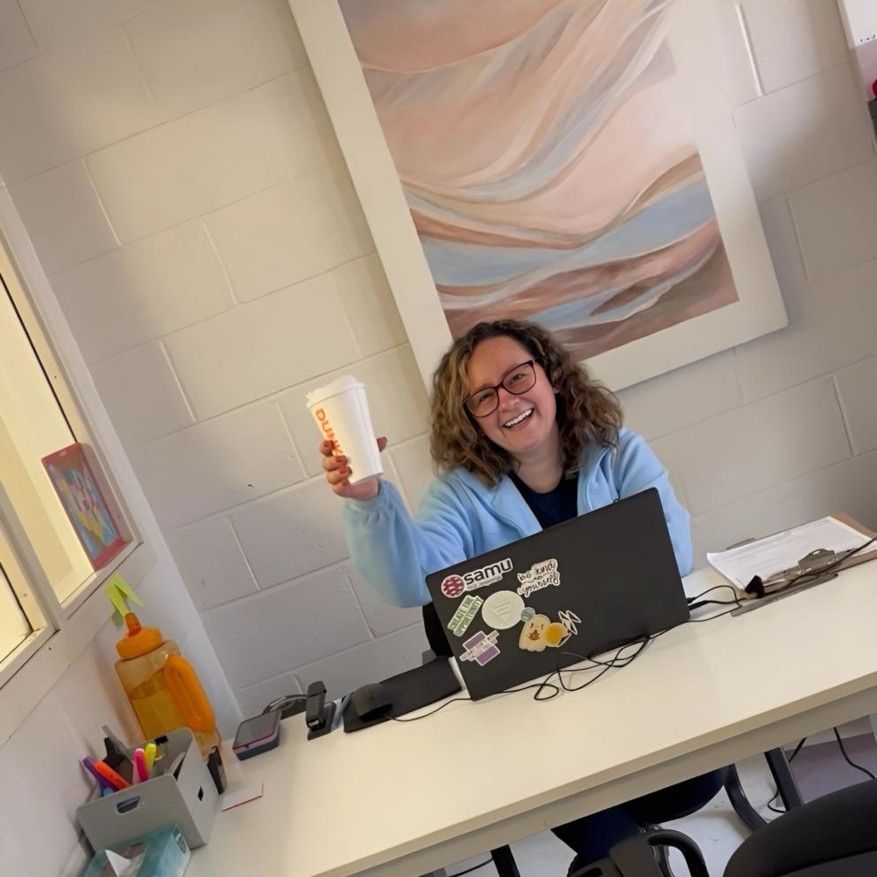
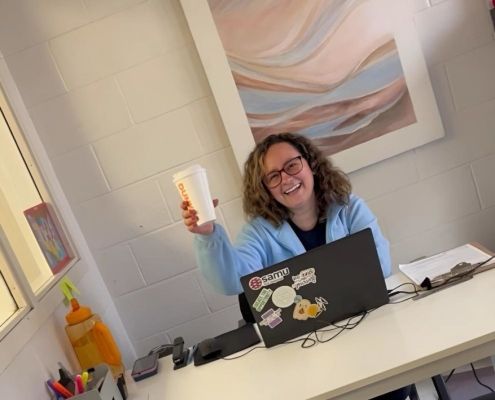
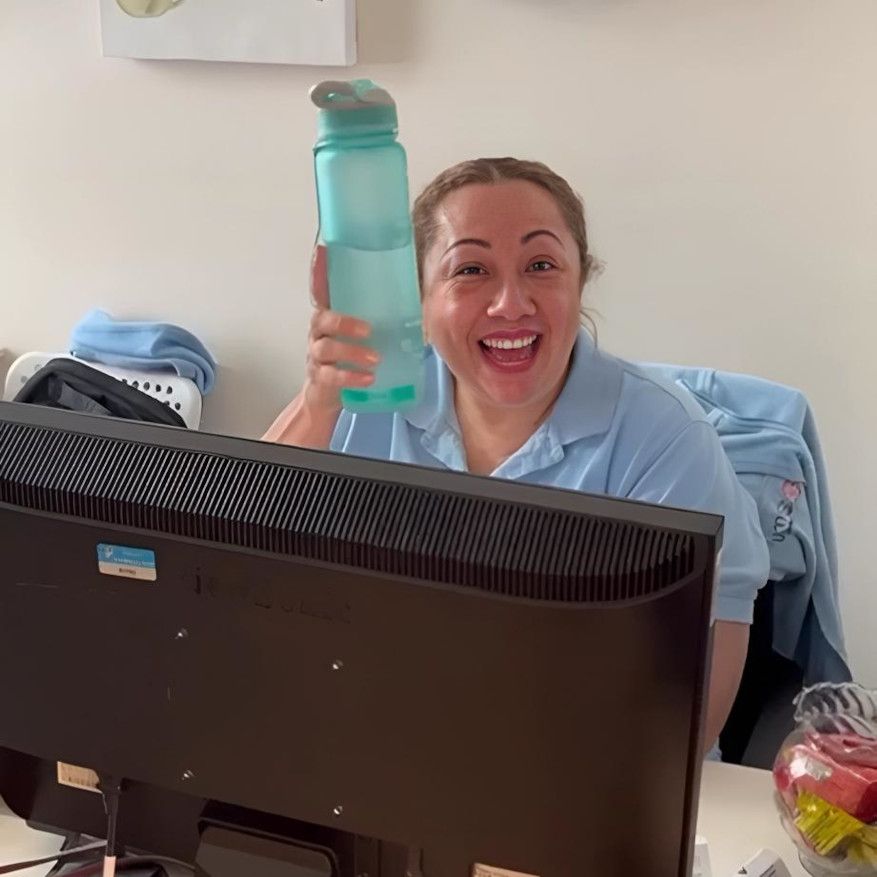
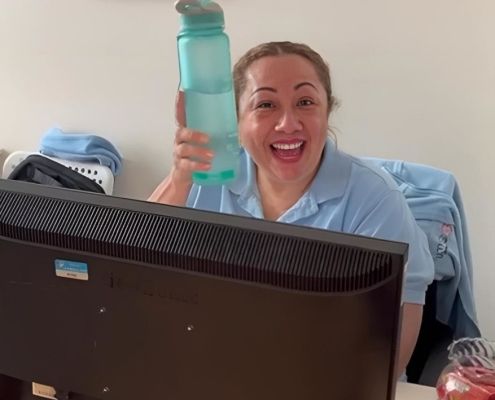
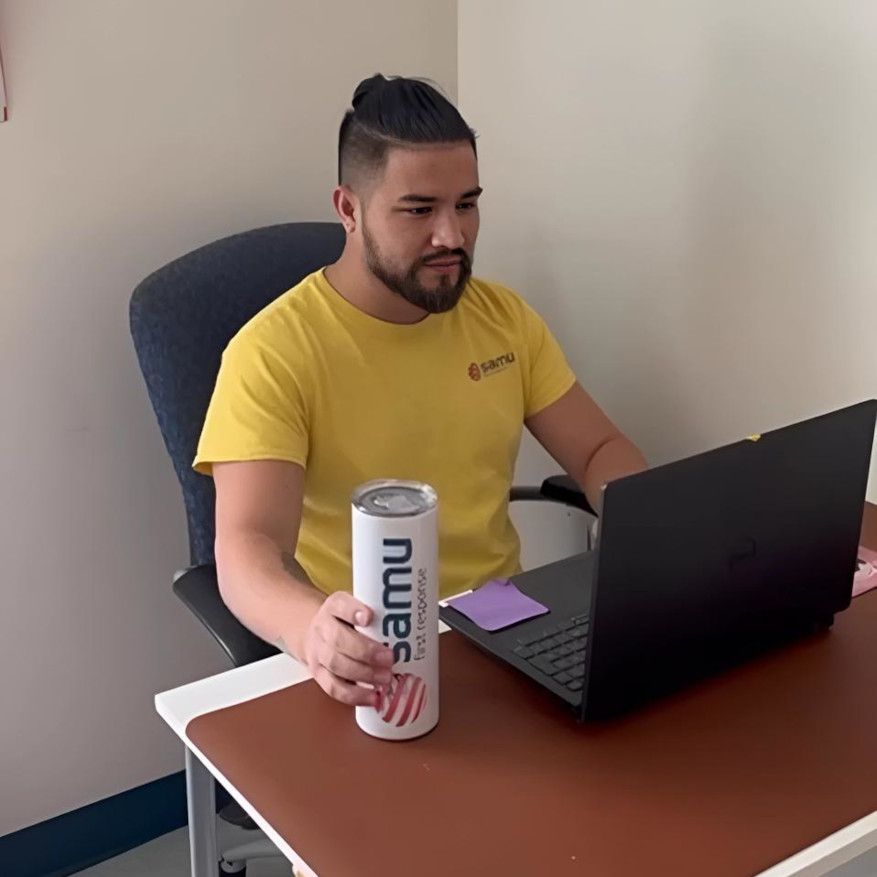
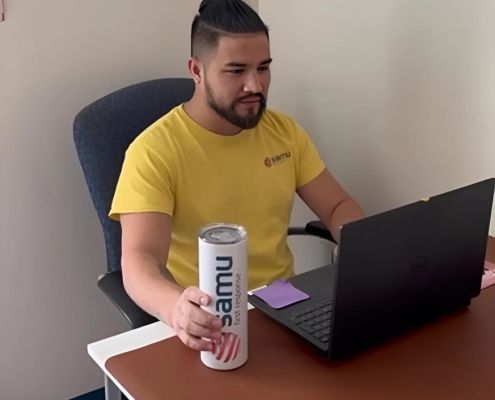
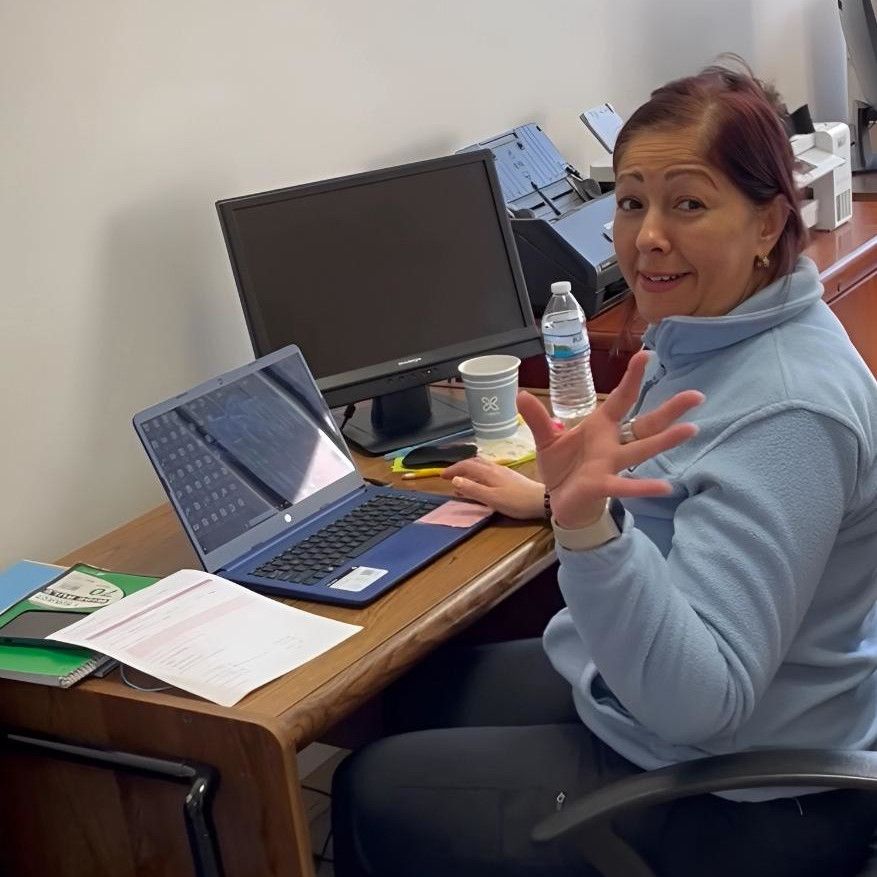
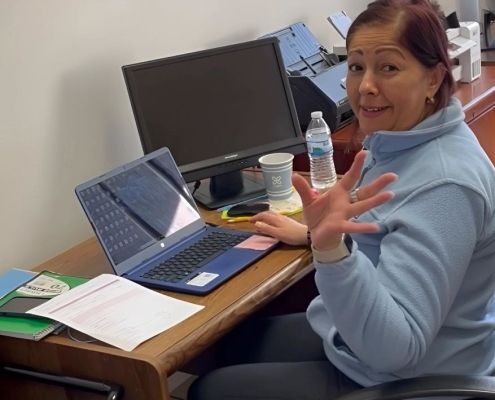
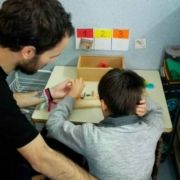
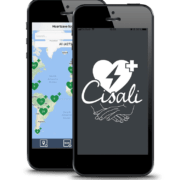
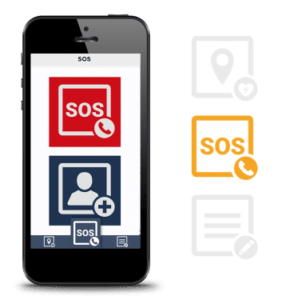 Cisali is an independent NGO with the sole purpose of saving lives through the quick access to an AED.
Cisali is an independent NGO with the sole purpose of saving lives through the quick access to an AED.